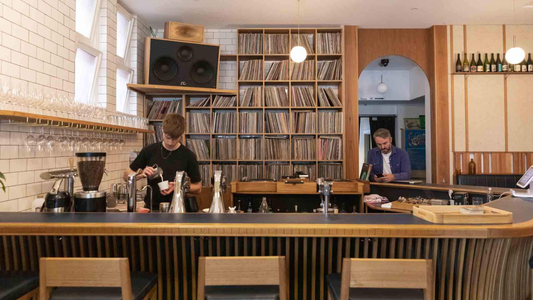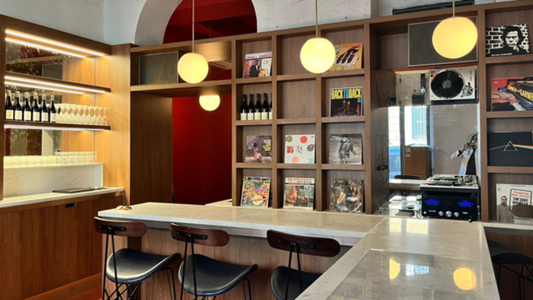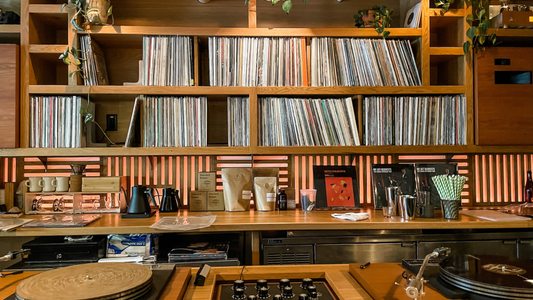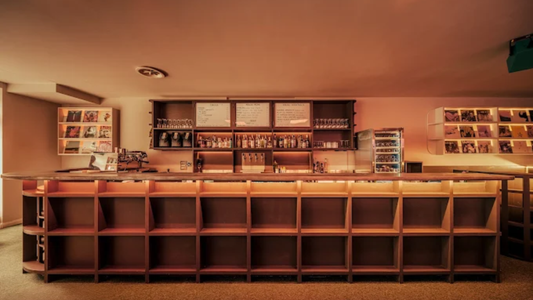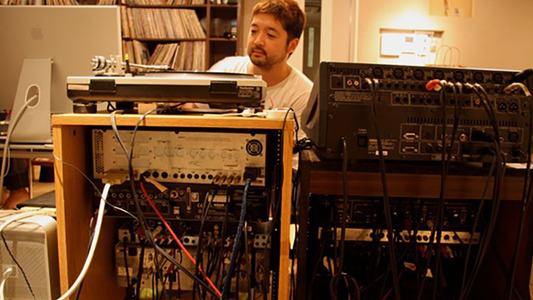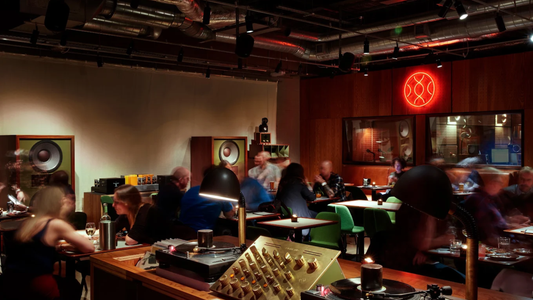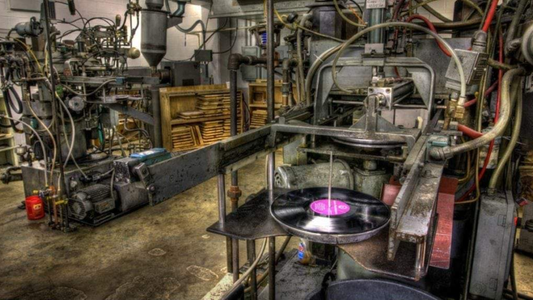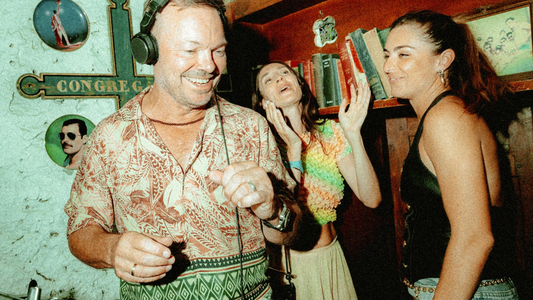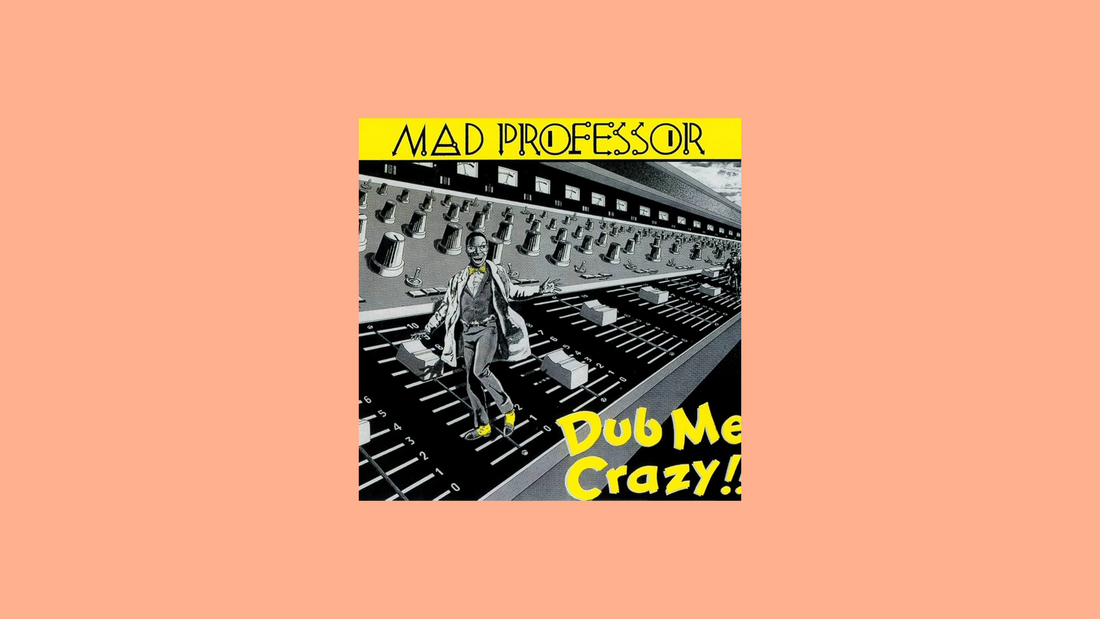
Mad Professor – Dub Me Crazy!! (1982)
By Rafi Mercer
A snare shot bursts like lightning, followed by a bassline that drops so low it seems to bend the floor. Then the echoes begin: loops spiralling outward, reverb stretching into infinity, fragments of voice or synth colliding in unexpected ways. This is Dub Me Crazy!!, released in 1982 by Neil Fraser, better known as Mad Professor. It is not just a dub album. It is an experiment, a manifesto, a playful declaration that the studio itself is a laboratory where sound can be remade, reimagined, reinvented.
Mad Professor was part of a younger generation who inherited dub from the likes of King Tubby and Lee “Scratch” Perry. But while Tubby worked in Kingston and Perry conjured chaos in the Black Ark, Mad Professor was based in London. His Ariwa Studio became a hub for reggae and dub in Britain, a diasporic echo of Jamaica’s innovations. His touch was different: sharper, more synthetic, unafraid of technology. Where Tubby stripped sound down, Mad Professor exploded it outward. Dub Me Crazy!!, the first volume in a sprawling series, set the tone for his career: adventurous, playful, fearless.
Tracks like “Kunte Kinte Dub” demonstrate his approach perfectly. The rhythm is steady, but everything around it mutates. Guitars flicker in and out, voices dissolve into reverb, high frequencies pierce then vanish. It is less a song than a sonic ride, a collage that shifts constantly under your feet. “African Communication” is denser, layering effects until the track feels like it is folding in on itself, history and futurism colliding in the mix.
What distinguishes Mad Professor is his relationship with technology. By the early 1980s, synthesisers, drum machines, and digital effects were becoming more affordable. Many reggae purists resisted them; Mad Professor embraced them. He saw dub not as a fixed style but as a principle: sound as raw material. Whether with tape delay or digital reverb, what mattered was imagination. Dub Me Crazy!! captures that spirit of experimentation. Each track feels alive, unpredictable, sometimes even chaotic — yet always grounded by bass and drum.
The album also reflects the diasporic context of its creation. In early 1980s Britain, reggae was more than music; it was community, identity, resistance. Sound systems were cultural spaces, places of belonging and survival. Mad Professor’s dub carried that energy but filtered it through new tools, new cities, new contexts. Dub Me Crazy!! is therefore both Jamaican and British, both rooted and nomadic. It is a record of migration as much as invention.
For listeners, the effect is exhilarating. Dub can sometimes be perceived as austere or difficult, but Mad Professor’s humour keeps the music approachable. Even the album title is a wink: wild, excessive, gleeful. This is dub as joy as much as philosophy. Anyone — seasoned collector or curious newcomer — can step in and be swept up. Its generosity makes it an ideal record for those encountering dub for the first time, including women entering a world too often coded as male. It shows that experimentation can be fun, that bass can shake the room without closing its doors.
On vinyl, the album retains its edge. The analogue warmth grounds the synthetic touches, while the Ariwa sound system DNA ensures the low end is always physical. Each track feels like a performance, not just a recording, because dub is never static: it is faders moved, effects triggered, choices made in real time. To play the record is to hear a moment of creation captured, but still alive, still moving.
Over four decades later, Dub Me Crazy!! still sounds wild. Its playfulness has not dulled; its inventiveness has not aged. Where some dub feels like sacred text, untouchable, this feels like a conversation — between past and future, between Jamaica and London, between rhythm and chaos. It is proof that dub is not a relic but a living, evolving artform.
Mad Professor would go on to collaborate with everyone from Massive Attack to Sade, but Dub Me Crazy!! remains his purest statement of intent. It is dub as laboratory, as playground, as mad science. It invites us to slow down, to listen differently, to recognise that within echo and reverb lies not confusion but possibility.
Rafi Mercer writes about the spaces where music matters. For more stories from Tracks & Tales, subscribe, or click here to read more.
